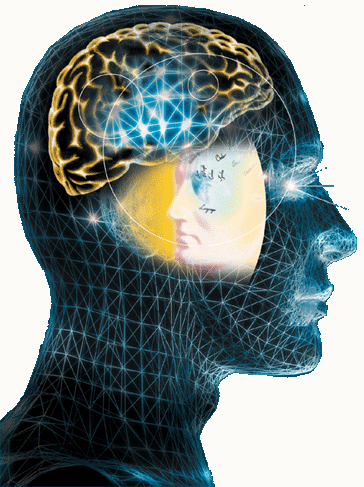By Brian Grant, MD
 The in-depth article, “Mind Field: PTSD & the Military,” from Seattle Weekly was impressive in its nuanced tone. The reader is left with more questions than answers, as befits such a complex topic. Themes include the impact of systems on behavior, the nature of psychiatric diagnosis, the impact of combat, how media exposure may impact others including family members of those traumatized, politics and partisanship and more.
The in-depth article, “Mind Field: PTSD & the Military,” from Seattle Weekly was impressive in its nuanced tone. The reader is left with more questions than answers, as befits such a complex topic. Themes include the impact of systems on behavior, the nature of psychiatric diagnosis, the impact of combat, how media exposure may impact others including family members of those traumatized, politics and partisanship and more.
The author of the article, Keegan Hamilton, wryly notes: “While noble in its intent, the monetization of PTSD diagnosis has created a classic catch-22.” One should ask whether veterans are better served with treatment upon diagnosis or compensation, and if the impact of a minimum of a 50% disability rating upon diagnosis serves the veteran and society? How often, once awarded a disability pension, does meaningful treatment occur and benefits reduced after such treatment? What is the impact upon treatment if it is tied into economic factors?
Every case should be addressed based upon individual facts, but it would be naive to suggest that the basic assumptions and economics of the veterans’ compensation and pension system do not significantly impact individual and group behaviors and outcomes. Passions and politics are inflamed. To frame the issue another way, we should ask ourselves under what circumstances in society do individuals actively desire a medical or psychiatric diagnosis, rather than strongly hope for a finding of good health or at least a short-term malady? PTSD is real. It is also treatable. The diagnosis is fairly easy to make based upon the criteria and a diagnosis does not equal impairment. We have written on this topic recently in previous posts, “Military Psychiatrists Under Fire for Doing Their Jobs,” and “Madigan Commander Reinstated After Army Investigates PTSD Diagnosis.”
The article also makes note of “secondary PTSD”. This is not a recognized diagnosis, but would appear to be an interesting social construct, perhaps reflecting the all too frequent drive to create medical diagnoses for the bad things that happen to people and societies in the course of life. Anyone who witnessed the constant televised replays of the Twin Towers collapse in the days following September 11, 2001 was traumatized, upset, and perhaps depressed. They may even have had many of the diagnostic criteria required for PTSD. Many avoided flying, were fearful of individuals who reminded them of the bombers, felt numbness and estrangement from others, psychic numbing, and a variety of autonomic symptoms upon certain cues. Life in the U.S. changed tangibly, along with our group psyche. When the abnormal becomes normal, does it warrant a medical diagnosis or literary and journalistic treatment?


